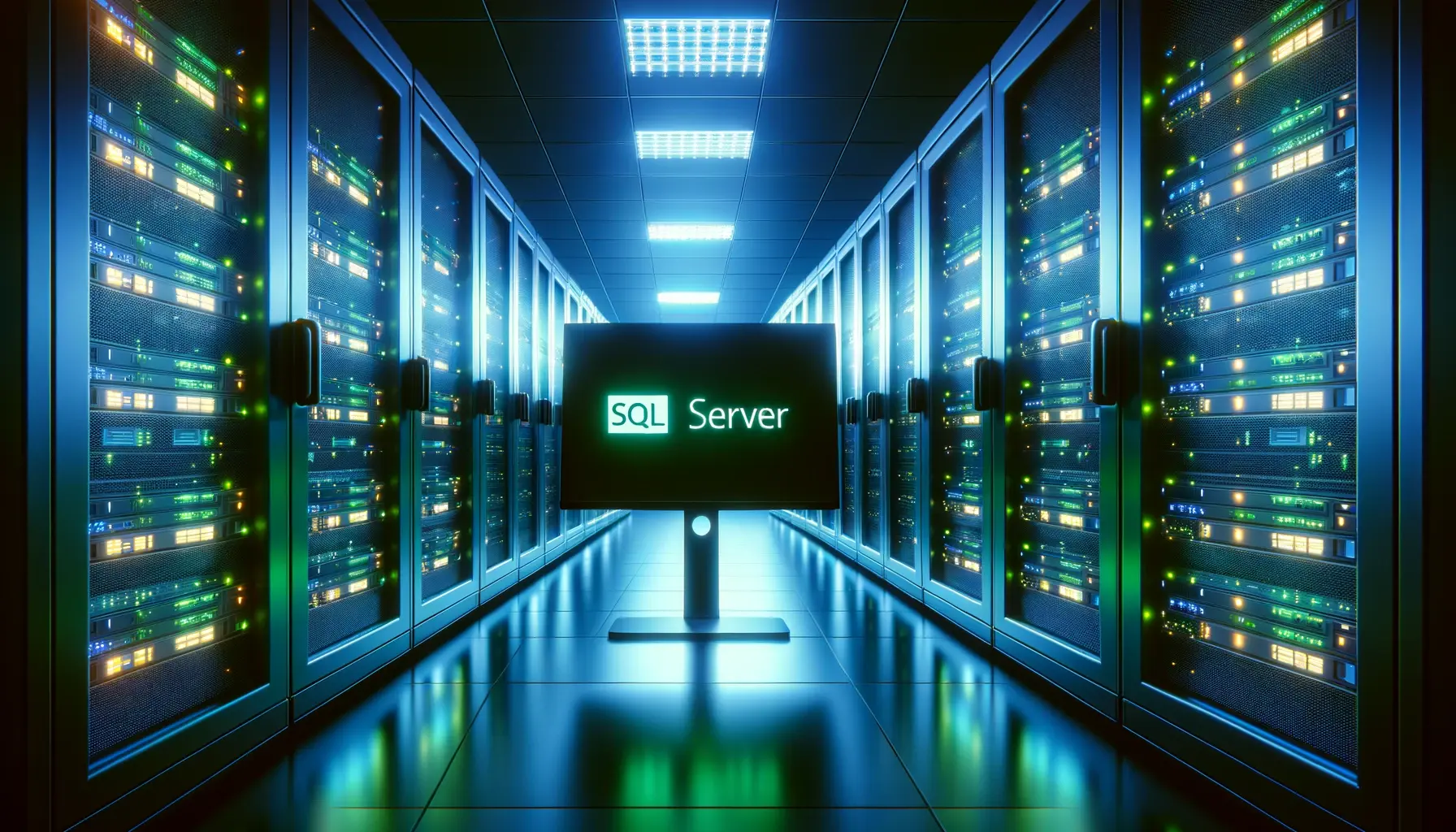Microsoft SQL Server 2012: The foundation of data management
Introduction: SQL Server 2012 at a glance
Microsoft SQL Server 2012 is a comprehensive data platform and a powerful relational database management system suitable for a wide range of data management and analysis tasks. With its introduction, important functions have been introduced that have significantly improved the performance, availability and expandability of company data.

Key features of SQL Server 2012
SQL Server 2012 is characterized by its AlwaysOn Availability Groups, improved performance, Reporting Services and Integration Services. In addition, it offers deep integration with the Microsoft cloud platform, Azure, supporting hybrid environments.
Performance and management
Performance improvements
The performance of SQL Server 2012 has been significantly improved with the introduction of features such as Columnstore Indexes, which accelerate queries, and the optimization of the Query Planner.
Management features
SQL Server Management Studio (SSMS) and other administration tools have been enhanced in SQL Server 2012 to make database administration easier and more efficient.
Availability and recovery
AlwaysOn Availability Groups
One of the key innovations of SQL Server 2012 was the introduction of AlwaysOn Availability Groups, which provide higher availability and disaster recovery capabilities than previous versions.
Improved backup options
With new and enhanced backup options, organizations could ensure that their data is protected even in the event of a failure.
Business Intelligence Development
Reporting and analysis
SQL Server 2012 improved Reporting Services to create more comprehensive and user-friendly reports. Power View and PowerPivot were introduced to strengthen self-service BI.
Data Warehousing
Data warehousing capabilities have been strengthened with improved ETL (extract, transform and load) capabilities and integration with other Microsoft products.
Cloud readiness
Azure compatibility
Seamless integration with Azure enabled organizations to extend database solutions in the cloud and benefit from the advantages of cloud scaling.

Conclusion: The impact of SQL Server 2012
Microsoft SQL Server 2012 remains an important part of many enterprise environments. It provides a solid foundation for applications that require reliable data management and analysis. While newer versions are available, SQL Server 2012 remains a proven choice for organizations looking for a mature technology with a comprehensive feature set.










































